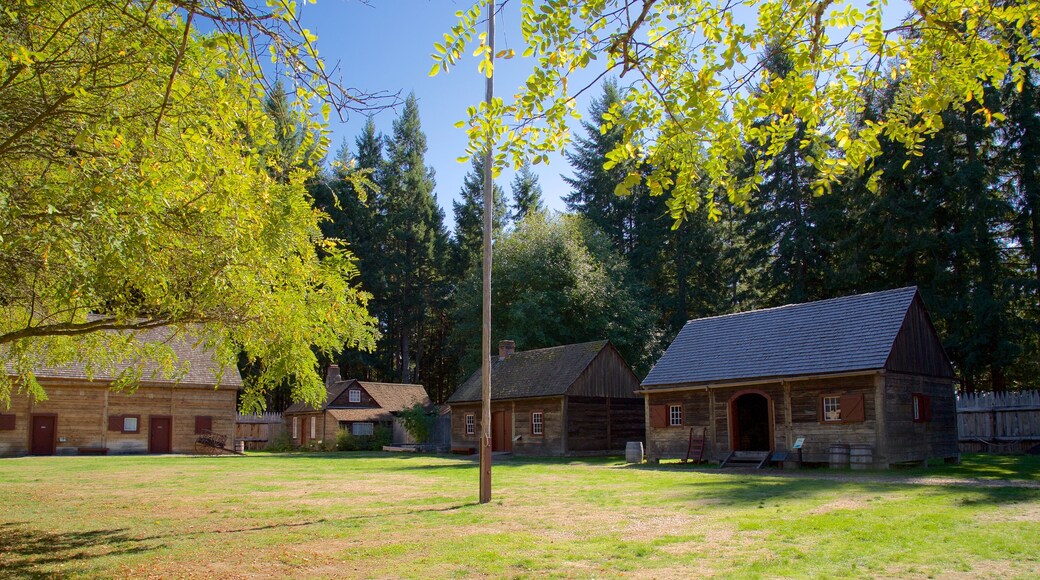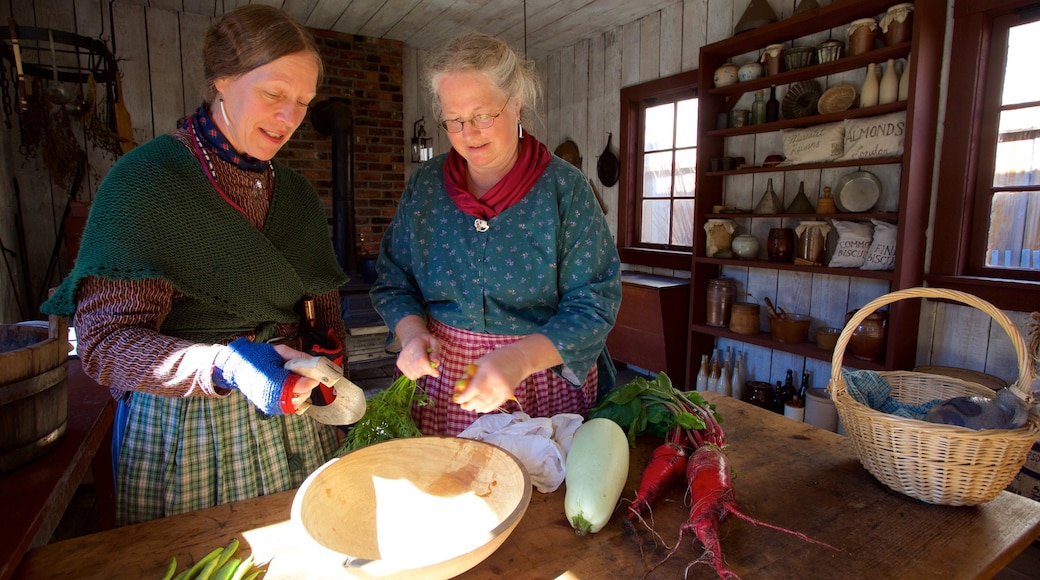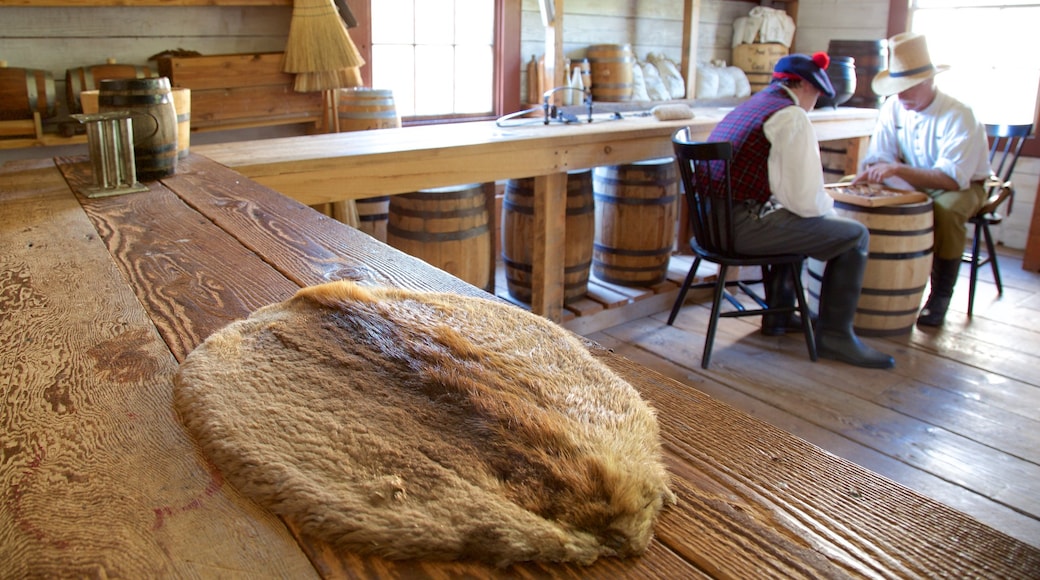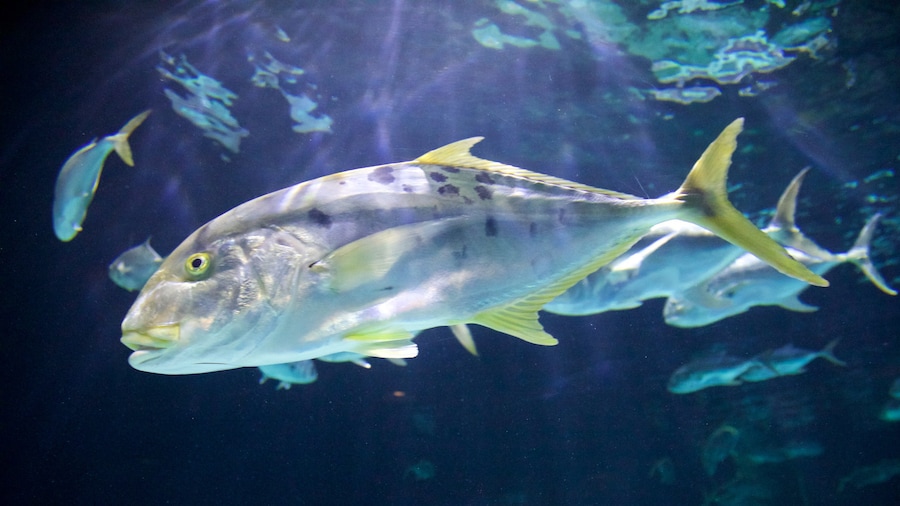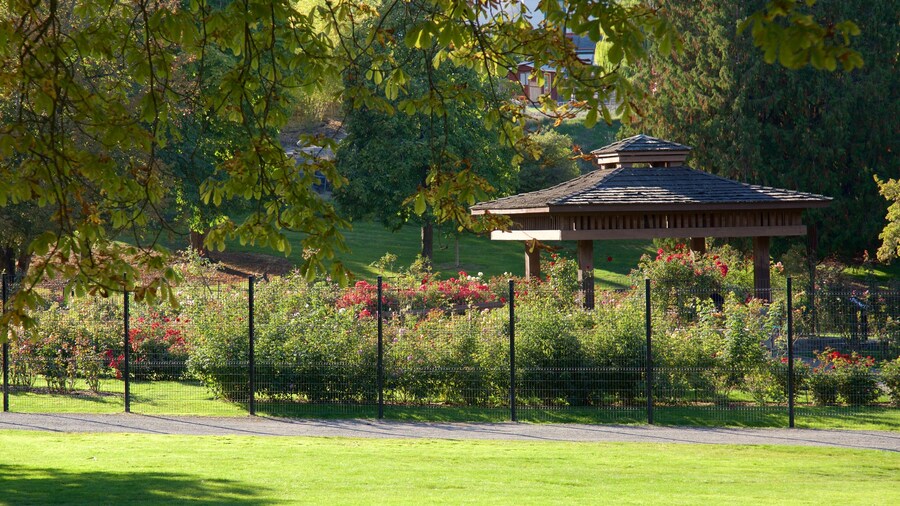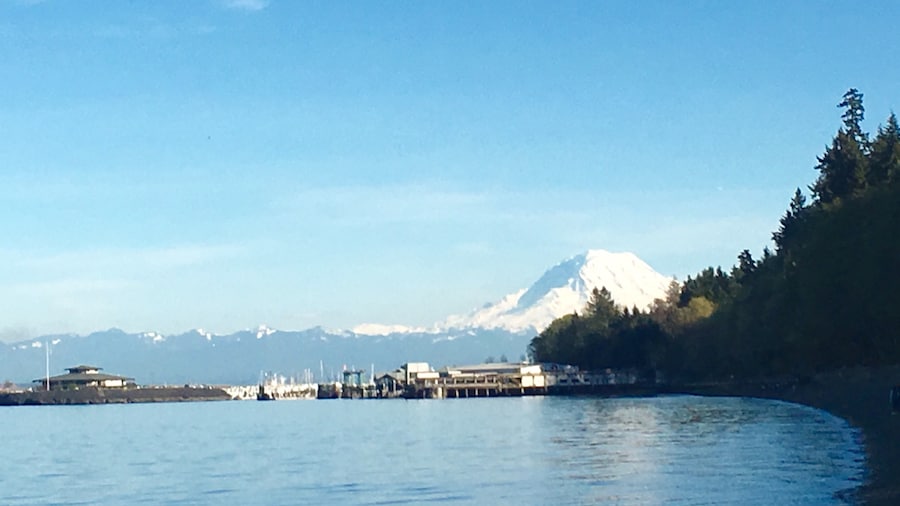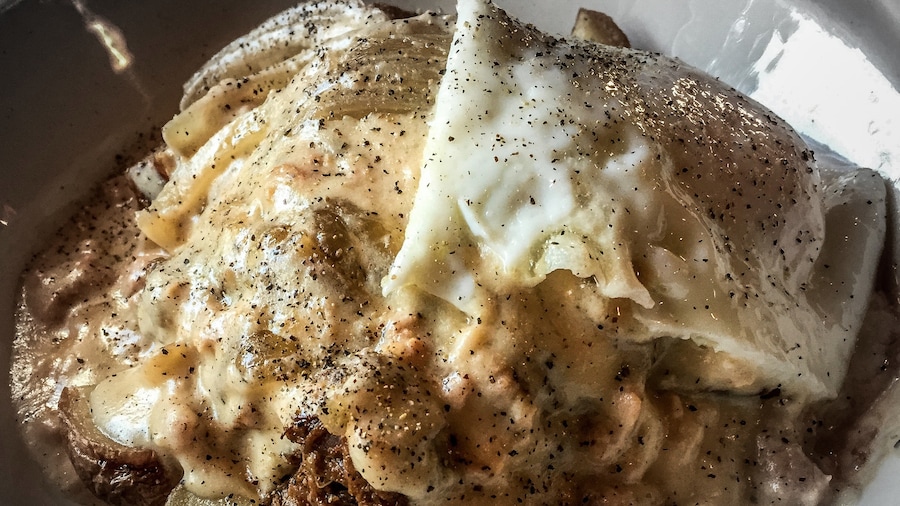Fort Nisqually Living History Museum preserves the story of the first European settlement on Puget Sound. Learn about life in the mid-19th century from costumed volunteers, tour National Historic Landmark buildings and view the informative exhibits that comprise the museum’s permanent collection.
Fort Nisqually was founded by the Hudson’s Bay Company in 1833 as a trading post. As the fur trade declined, the fort was moved and eventually transformed into a commercial farm. In 1933, efforts were undertaken to preserve the fort’s remaining structures, as well as reconstruct the full design of the second fort. Admire the two saved buildings, which represent an important piece of European settler history.
See the exhibit dedicated to the life of Dr. William Fraser Tolmie, a Glasgow-trained surgeon and the manager of Fort Nisqually in the mid-19th century. This exhibit includes tools and instruments used by 19th-century doctors and provides insight into the devastating effects of illnesses at the time.
Look inside the fort’s replica buildings, which include a laborer’s house and a blacksmith’s shop. Tour the fort’s Heritage Gardens, a small scale representation of the larger historic gardens once located along Sequalitchew Creek. Head to the apple orchard to see trees grafted from those found at the original fort.
Bring the family to one of the many engaging events held at the fort. Participate in 19th-century games, see historic craft-making demonstrations and take special tours with interpreters. Check the fort’s official website for information on upcoming events.
This museum is located in one of the largest urban parks in the United States, known as Point Defiance Park. After touring the museum, head to the park’s combined zoo and aquarium and explore its pleasant walking trails and formal gardens.
Fort Nisqually Living History Museum is located 8 miles (13 kilometers) from the center of Tacoma. The park is open year-round, but keep in mind that opening days vary depending on the season.
Enjoy learning about the life of early European settlers at the Fort Nisqually Living History Museum.
